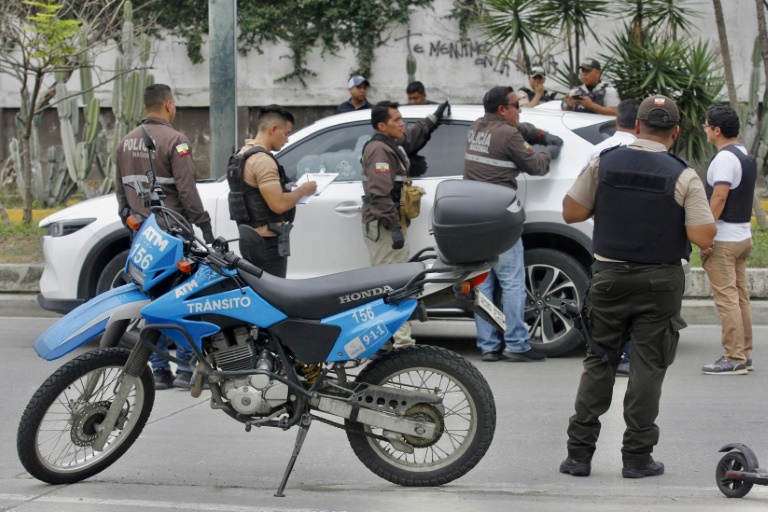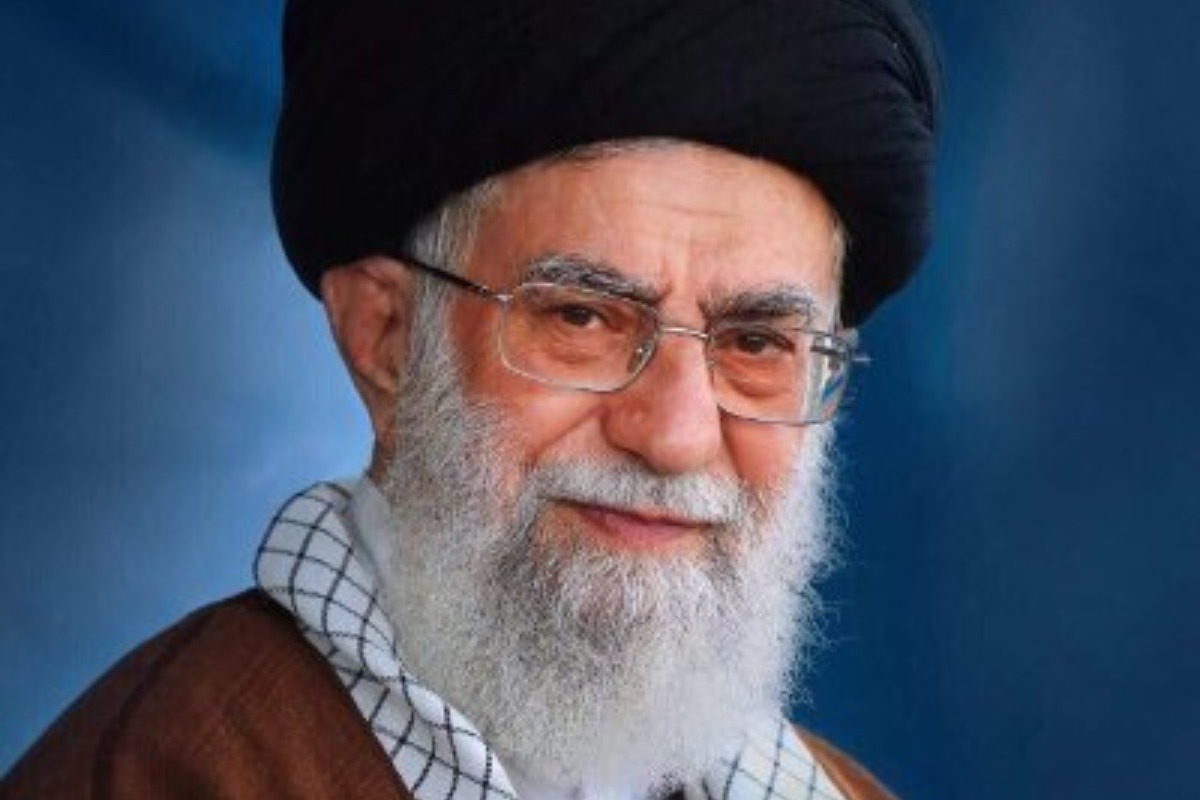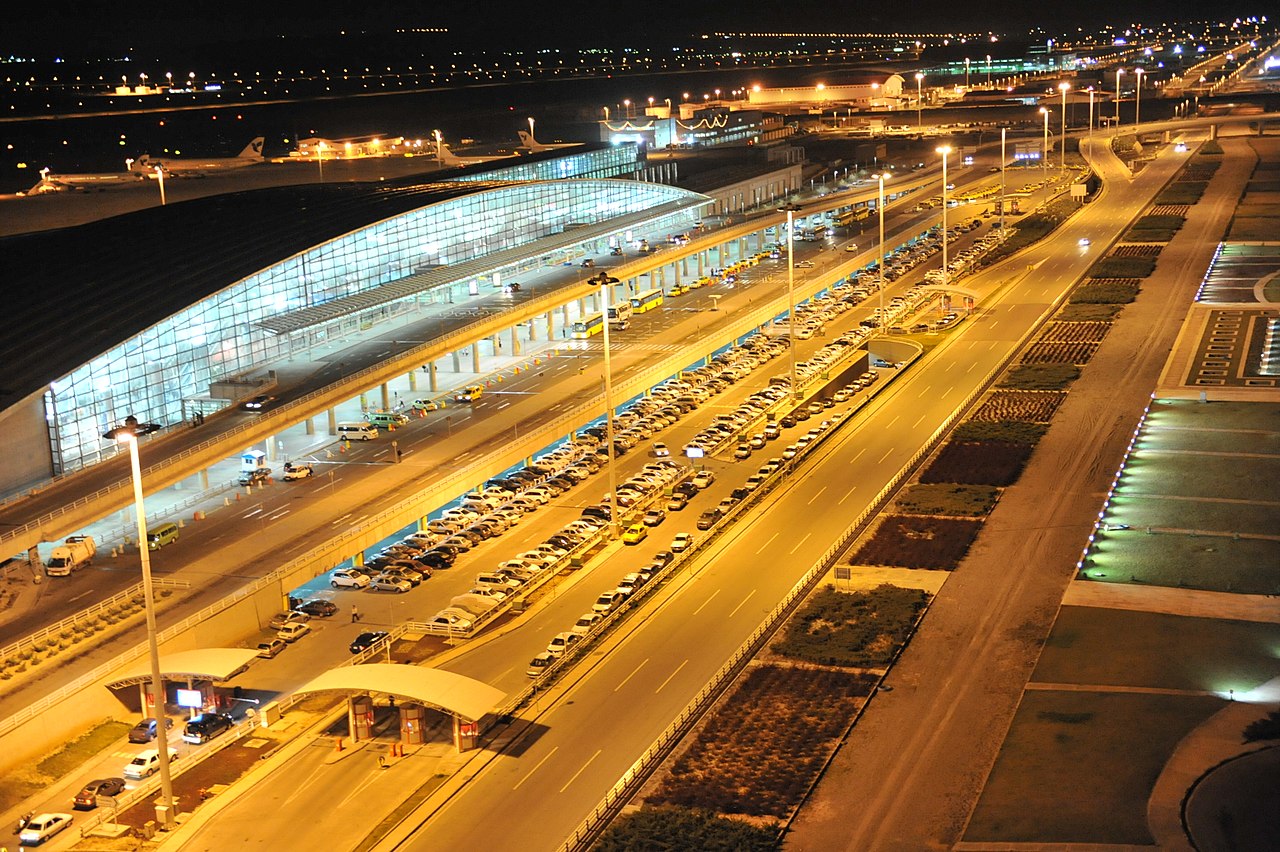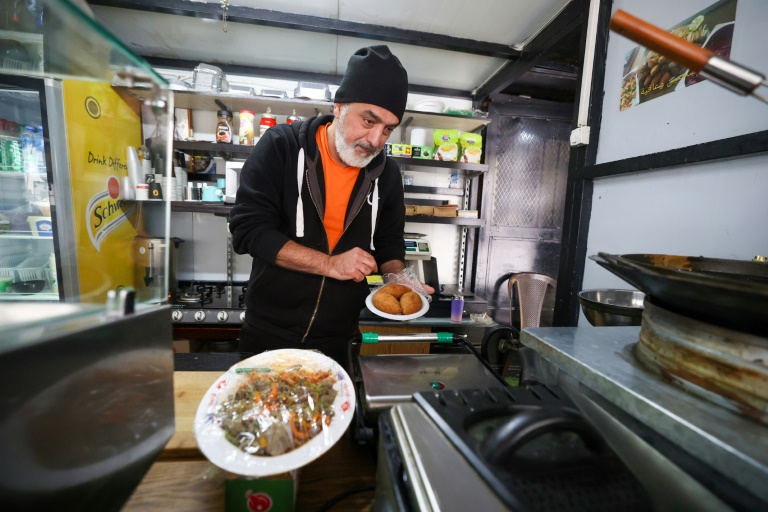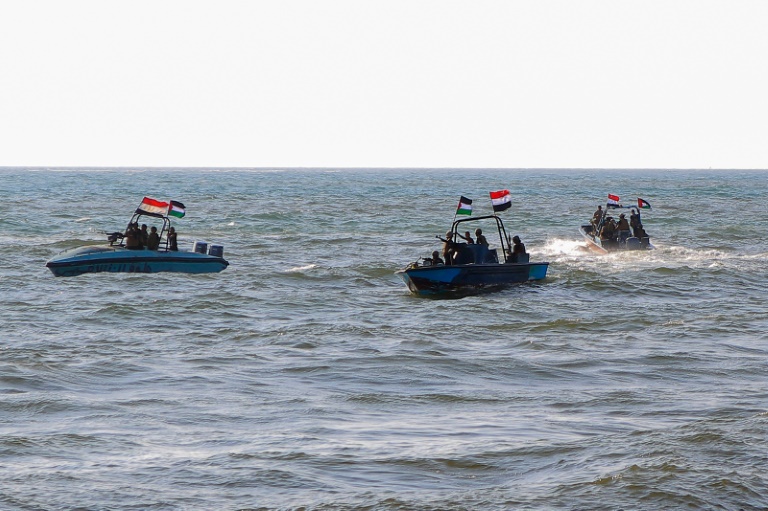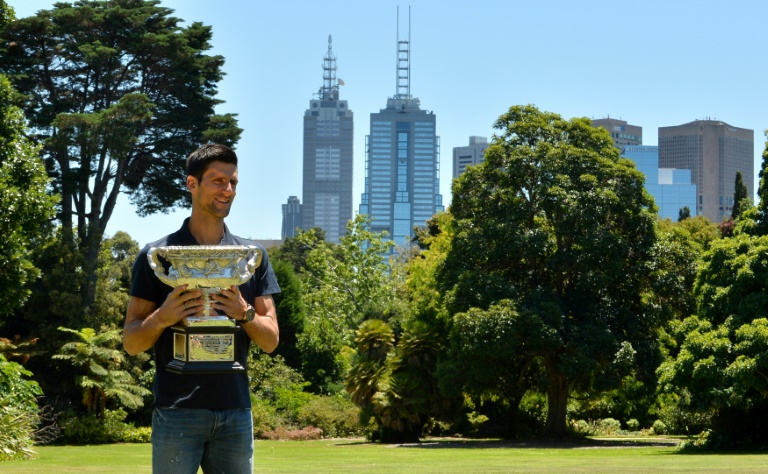The prosecutor investigating a dramatic armed assault by gangsters last week on an Ecuadoran television station during a live broadcast was shot dead Wednesday, the attorney general said.
A prosecution source told AFP that Cesar Suarez had been in charge of finding the gang responsible for the terror-inspiring attack on state-owned TC Television in the port city of Guayaquil by hooded assailants armed with guns and explosives.
AFP obtained images of Suarez’s car, the window on the driver’s side riddled with bullet holes on a street in Guayaquil, the nerve center of Ecuador’s fast-escalating drug war.
“In the face of the murder of our colleague Cesar Suarez… I am going to be emphatic: organized crime groups, criminals, terrorists will not stop our commitment to Ecuadoran society,” Attorney General Diana Salazar said on X, formerly Twitter.
The murder comes amid a surge in violence in the once peaceful South American country, which has become a hub for the global export of cocaine from neighbors Colombia and Peru.
The government last week declared war on powerful drug gangs, who in turn threatened to execute civilians and security forces and carried out a wave of attacks that have left about 20 people dead.
Last Tuesday, attackers stormed the TV station, firing gunshots and forcing staff to lie on the ground as a woman could be heard pleading: “Don’t shoot, please don’t shoot.”
Police entered the studio after about 30 minutes of chaos, arresting 13 assailants, many of them teenagers.
The attack, seen live by many, caused widespread panic across Ecuador, with people leaving work early to seek shelter at home.
Since last week, drug cartels have been waging a bloody campaign of kidnappings and attacks in response to a government crackdown on organized crime, prompting President Daniel Noboa to declare the country in a “state of war.”
Once consider a bastion of peace in Latin America, Ecuador has been plunged into crisis after years of expansion by transnational cartels that use its ports to ship drugs to the United States and Europe.
More than 20 criminal gangs in the country of about 17 million people are thought to have in excess of 20,000 members in all.
The latest outburst of violence was sparked by the discovery of the prison escape of one of the country’s most powerful narco bosses, Jose Adolfo Macias, known by the alias “Fito.”
In response, Noboa imposed a state of emergency and nighttime curfew, but the gangs hit back, threatening to execute civilians and security forces and taking hostage dozens of police and prison officials, since released.
Gang members instigated numerous prison riots, set off explosions in several cities and torched cars in public places.
On Sunday, the authorities said they had taken back control of prisons.
This was not the first time the gangs have targeted a prosecutor.
In June last year, Leonardo Palacios was mowed down in the town of Duran, near Guayaquil, and in 2022, two prosecutors and a judge were shot dead in other parts of the country.
Anti-graft and anti-cartel presidential candidate Fernando Villavicencio was killed in a barrage of submachine-gun fire after a campaign speech just weeks before elections last year won by Noboa.
Salazar herself has reported receiving death threats from Los Lobos, one of Ecuador’s principal gangs.
Weeks before the recent spate of attacks, the attorney general had warned the country to brace itself for violence after she launched a campaign of raids and arrests targeting top officials accused of dodgy dealings with the powerful gangs.
The Inter-American Commission on Human Rights (IACHR) condemned the violence on Wednesday and urged the state to “investigate, prosecute, and punish all the events with due diligence.”
Ecuador’s murder rate quadrupled between 2018 and 2022. Last year was the worst yet, with 7,800 murders and a record 220 tons of drugs seized.
AFP

